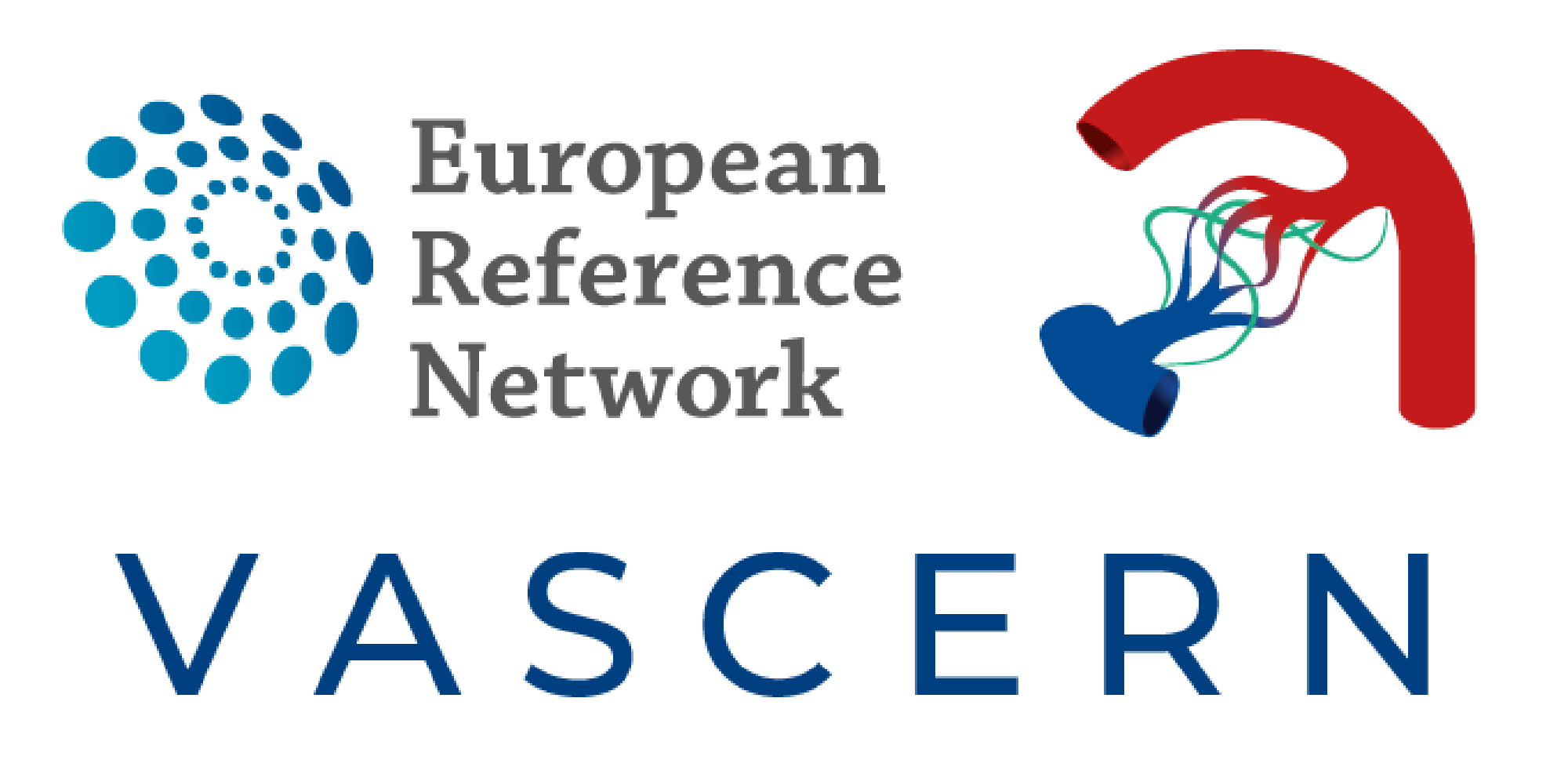
The Innovative Health Initiative (IHI) has launched the RealiseD project, a major partnership to transform how clinical trials are designed and conducted for rare and ultra-rare diseases. With €17 million in funding and nearly 40 public and private partners, the project will optimise clinical trial processes, improve access to innovative treatments, and ultimately enhance the lives of millions of people living with rare diseases across Europe and beyond.

Addressing barriers in rare disease research
Rare diseases, which affect over 300 million people worldwide, including 30 million in Europe, pose unique challenges for clinical research. Most of the 7,000 identified rare diseases are ultra-rare, with limited patient populations and no approved treatments. Key challenges include:
- Difficulty recruiting enough participants for clinical trials.
- High variability in symptoms and disease progression.
- A lack of standardised methods for conducting trials.
- Fragmented regulations and limited infrastructure.
The RealiseD project aims to tackle these issues by developing new tools, methods, and systems that make clinical trials for rare diseases more efficient, accessible, and patient-focused.
How the RealiseD project will drive change
The project will deliver innovative solutions that address the unique needs of rare disease clinical trials, including:
- New Trial Designs: RealiseD will introduce adaptive trial designs and integrate real-world evidence (RWE) to support better decision-making and improve outcomes.
- User-Friendly Tools: Digital tools and playbooks will simplify planning and running clinical trials, ensuring they are accessible to researchers and clinicians.
- Collaboration and Data Sharing: RealiseD builds on the success of previous initiatives like EU-PEARL and Screen4Care to foster collaboration between researchers, patient groups, regulatory bodies, and industry leaders.
The role of European Reference Networks
The project will work closely with European Reference Networks (ERNs) such as ERN ERKNet, ERN Epicare, and MetabERN to establish leading clinical trial centres across Europe. These centres will create an efficient system to identify and refer eligible patients, streamlining the process of enrolling participants in clinical trials for rare diseases. This approach is particularly valuable for cutting-edge therapies like Advanced Therapy Medicinal Products (ATMPs).
Putting patients at the centre
RealiseD places patients and their needs at the heart of its work. By focusing on patient-centric designs, the project will ensure that clinical trials are less burdensome and more accessible. For example, real-world evidence will be used to inform trial designs, and digital tools will make participation easier for both patients and clinicians.
Dr Ralf-Dieter Hilgers, the project coordinator, emphasises this point:
“RealiseD will develop innovative trial designs that can accelerate drug development while reducing the burden on patients. This project is especially important for diseases with very low prevalence, where treatment options are often limited or non-existent”.
Building a better future for rare disease patients
RealiseD’s innovative approach will bring significant benefits to both patients and researchers. By addressing the unique challenges of rare disease research, the project aims to speed up the development of new treatments while maintaining high scientific and regulatory standards.
Additionally, the project’s work will contribute to broader initiatives, such as the Accelerating Clinical Trials in the EU (ACT EU) programme, which aims to make Europe a global leader in clinical trial innovation.
Learn more
To find out more about this initiative, visit the official page: RealiseD Project page.

